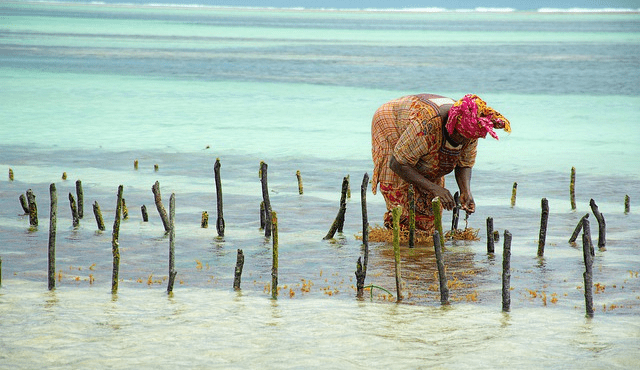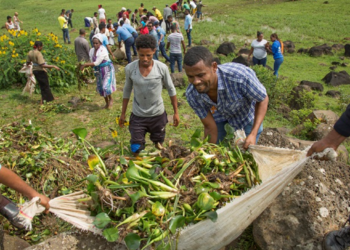Seaweed farming in Africa as development opportunity – A new document from the African Development Bank has highlighted how seaweed farming is a means of increasing socio-economic development in various African countries, despite the current low levels of productivity.
According to the document, African countries should invest more to promote partnerships between private companies and communities involved in seaweed production and also work to increase research and development in the sector.
African countries currently involved in seaweed production are Tanzania, South Africa, Morocco and Madagascar, where public-private partnerships involving communities have allowed seaweed farming initiatives to “rapidly move from experimentation to economically viable production” .
In total, all countries together produce just over 200,000 tonnes of seaweed, giving Africa a 0.5 percent share of global production.
The document is also aimed at urging African countries with seaweed-producing potential to tap into a $300 million (€279 million) fund for African aquaculture launched by Aqua-Spark last year.
According to the African Development Bank, public and private investors are expected to take advantage of the seaweed farming market openings created by the Aqua-Spark fund, in contrast to the current trend where the fund’s pipeline is dominated by opportunities of tilapia.
Both Tanzania and Madagascar have operations that grow red algae from strains imported from Indonesia and the Philippines, but those farms are susceptible to bacterial infections during periods of warmer temperatures, exacerbated by the shallow water culture method used in cultivation .
Seaweed farming in Africa as development opportunity









